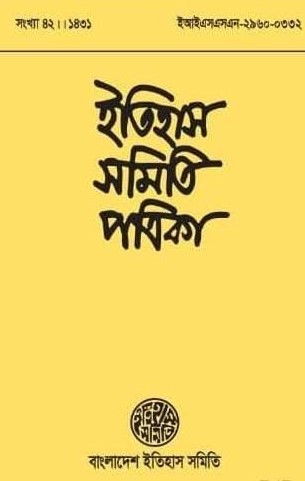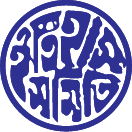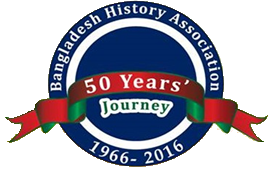বাংলার গ্রামীণ জনগোষ্ঠীর সামাজিক-সাংস্কৃতিক ইতিহাসের উৎস হিসেবে লোকসাহিত্য: উপযোগিতা ও সীমাবদ্ধতা

বাংলার গ্রামীণ জনগোষ্ঠীর সামাজিক-সাংস্কৃতিক ইতিহাসের উৎস হিসেবে লোকসাহিত্য: উপযোগিতা ও সীমাবদ্ধতা
আবু তাইয়্যেব
প্রভাষক, ইতিহাস বিভাগ, পাবনা বিজ্ঞান ও প্রযুক্তি বিশ্ববিদ্যালয়
DOI: https://doi.org/10.59815/isp.vol4201
Abstract: Folk literature, passed down orally in rural communities, includes songs, rhymes, ballads, tales, proverbs, riddles, dramas, and charms (mantras). They reflect the daily lives, economic struggles, joys, sorrows, and religious beliefs of the common people. A challenge in studying the history of early and medieval Bengal is the lack of reliable sources, as most existing documents emphasize political events, battles, and royal narratives, overlooking the rural populace. The unschooled rural people left no written records themselves and were largely absent from historical accounts preserved in court writings, coins, or inscriptions. Writing history without considering this vast rural population would result in an incomplete and fragmented understanding of the social dynamics of Bengal. The primary source for reconstructing the history of these people is contemporary literary material. However, as most written works were generated by court poets funded by the royalty, they largely ignored the experiences of the general populace. In contrast, the oral literature created by illiterate folk poets and transmitted orally from generation to generation provides valuable insights into the daily life and experiences of the rural population. Folk literature is generally neglected as a source in the study of history in Bangladesh and historians typically raise questions about its reliability. This paper examines the significance of folk literature as a tool for understanding the socio-cultural history of rural communities through a historical research approach and critically analyzes its reliability and limitations in reconstructing history.
Keywords: Folk Society, Culture, Historical Source, Rural Bengal.
VIEW FULL ARTICLES



